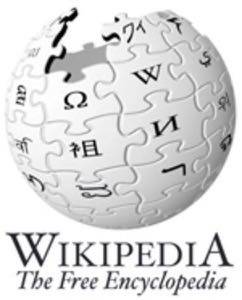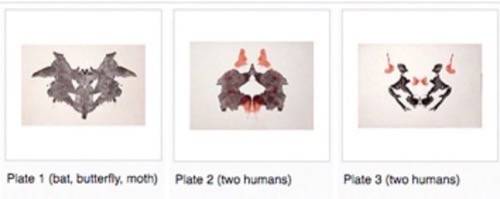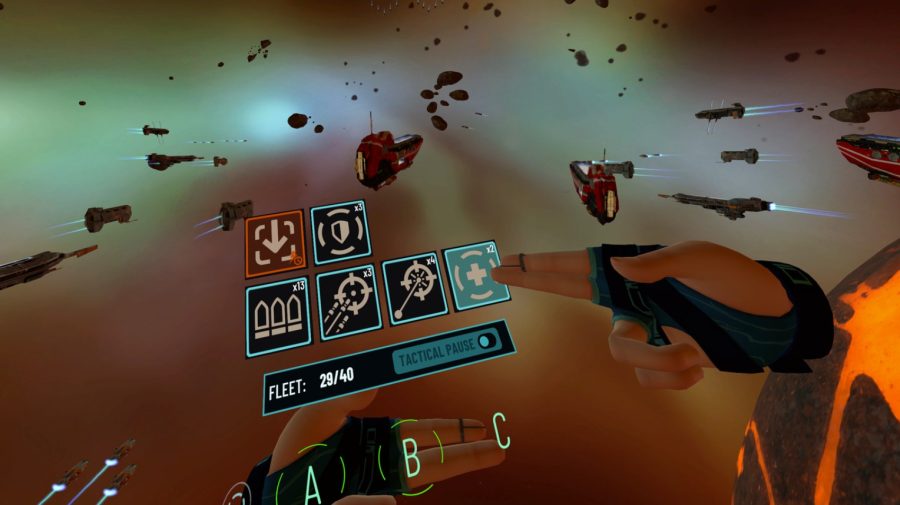Wikipedia is aflutter with angry psychologists demanding that the community take down reproductions of 10 original Rorschach inkblot plates and their statistically common responses. The Rorschach tests have been used since the 1920’s to determine psychological disorders through the analysis of images. Twenty-five percent of all forensic cases utilize the Rorschach test in assessing defendant competency and criminal responsibility. According to the New York Times, Dr. James Heilman of Moose Jaw, Saskatchewan originally uploaded the files and discussion has exploded ever since with doctors on both sides of the argument.

Although Swiss psychologist Hermann Rorschach (the creator of the test died) in 1922, the inkblots are still widely used in personality and psychological assessment today. However, once an image’s copyright owner passes away, that image is automatically released into the public domain 70 years after his/her death unless an extension is filed. While many argue that Wikipedia’s release of the inkblots invalidates testing and causes potential harm to patients, others argue that the images are already widely accessible and too relevant to the article to omit.
For now, the Wikipedia discussion page states,”Prior discussion has determined that Rorschach inkblots images shall be displayed in this article, and removal of pictures without consensus at Talk:Rorschach test/images [the discussion page] will be reverted.”
Times reporter Noam Cohen writes about those against the posted images saying, “For them [the psychologists], the Wikipedia page is the equivalent of posting an answer sheet to next year’s SAT.”

The fact that both of these tests are based on normative results adds another dimension to the Wikipedia debate – whether or not the inkblot test is a valid metric in the first place. In the late nineties, based on reviewing the demographics of students with the lowest averages in the country, critics called the SAT racist, urban-centric and classist. With the test determining college placement, scholarship eligibility and in some cases, job placement, it remains an important one. For this reason, it was redrafted in 2005 to be more tolerant of diversity and more reflective of classroom curriculum.
With the Rorschach inkblots having been established since the 1920’s, what are the chances that each of us aren’t already showing signs of major psychosis? If there’s a doctor in the house, by all means, let us know if and how the psychological indicators of the test have changed over time.
There’s no doubt that a number of those awaiting SATs and psychometric testing might choose to game the system. While higher SAT scores improve college eligibility, average Rorschach inkblot results might alleviate the fear of being estranged from friends and family. Unless the person being psychologically profiled wants to shirk criminal responsibility or can see themselves as a danger to themselves or others, it makes sense to want to establish “normality”.
But why is Wikipedia more responsible to protect Rorschach testing than scientific journals or medical websites? Admittedly, I am not an expert in medicine, psychology or the forensic sciences and I have no idea how these Wikipedia images will affect the patient community. However, as a tech blogger, I understand this issue to be Wikipedia’s dedication to free and educational content – even when that education is widely debated. It will be interesting to see if those against the inkblot posting will be able to determine a consensus to have them removed.










